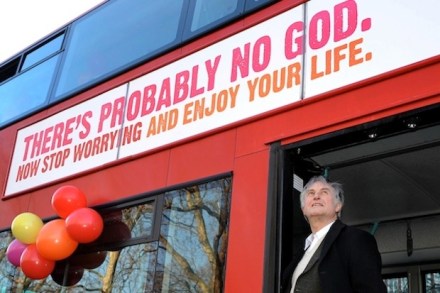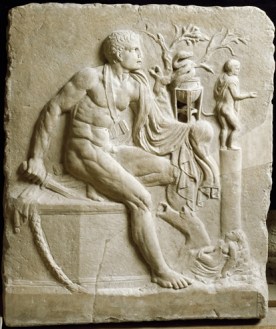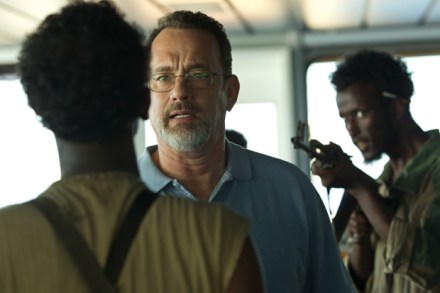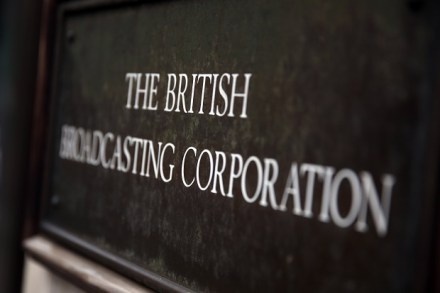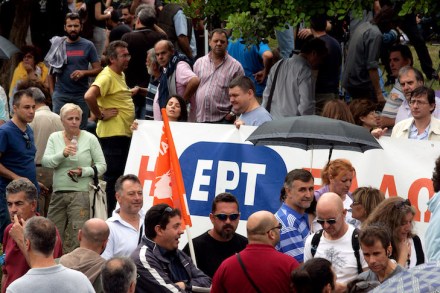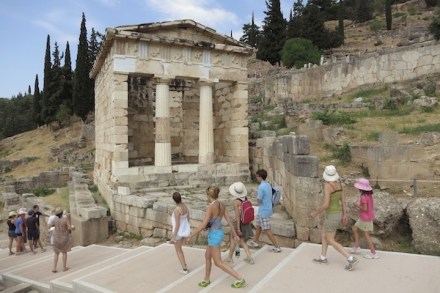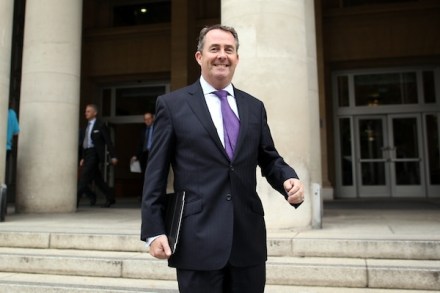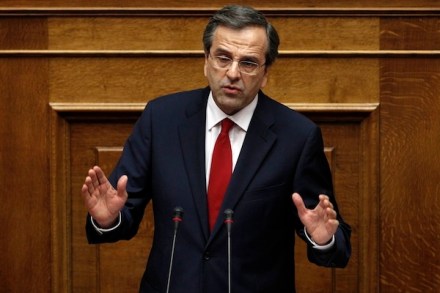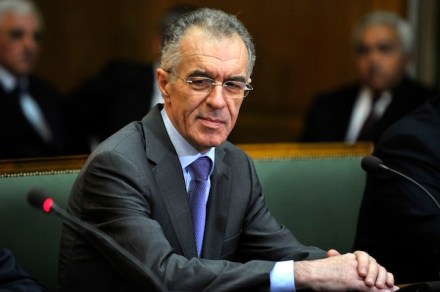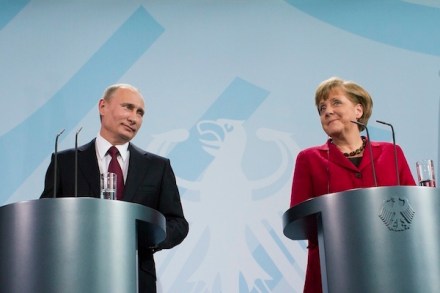Patrick Leigh Fermor and the long, daft tradition of Brits trying to save Greece
Twenty-odd years ago, while on holiday in the deep Mani at the foot of the Peloponnese, I got into conversation with an old and only partially reconstructed Greek communist shop-owner. I had been showing him a bit of pottery I had found on the sea bed at Asomati, and he wanted to know what had brought me to the Mani in the first place and was it Patrick Leigh Fermor? I said no — not strictly true — and he seemed pleased. Leigh Fermor, he said — and he was not prepared to elaborate — had not been good for Greece. It came as something of a surprise, as in



